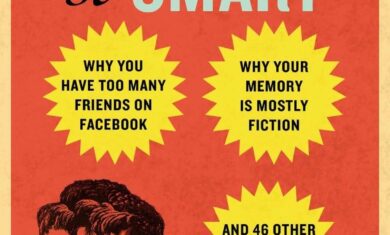If I’m driving along in my car and I hear a “thunk” as it sputters to a stop by the side of the road, I’ll likely have very little idea what happened. Other than knowing that it had a fresh oil change and a half-tank of gas, the possibilities for what happened are endless — I could probably conjure up 100 different reasons for why it might have stopped.
However, when the car gets to a proper mechanic, they can likely narrow down the possible cause to a handful of reasons in matter of seconds.
Or suppose I have a sharp pain in my stomach. With a little help from WebMD, I’ll quickly find thousands of deadly ailments that might out to kill me. An educated doctor, after just a few questions, can likely narrow down the possible causes to 2 or 3 in a couple of minutes.
As Shunryn Suzuki said: “In the beginner’s mind there are many possibilities, but in the expert’s mind there are few.“
This is clearly a good thing.
If I take my car to the shop and they say “Well, we have 500 things we look at to see what’s wrong, so come back in three weeks and we’ll see what we found”, that’s problematic. Instead, they can dig into the few ideas they already have, figure out what’s wrong, and give me an estimate very quickly.
The same holds true for your expertise. In my case, if your website stops working, I can probably figure out the reason within a couple of minutes so we can get to work fixing it. There are skills that you have that are equally beneficial. Perhaps you can diagnose a broken air conditioning unit, or figure out why a power outlet suddenly isn’t working.
Maybe it’s bigger than that, and you can troubleshoot a complex banking software issue quickly, or determine the best way to help recover a politician’s reputation after a gaffe.
Learning to cut the possibilities when problem solving is a hugely valuable skill, so work to improve where you are in your field and help everyone get results more quickly.




